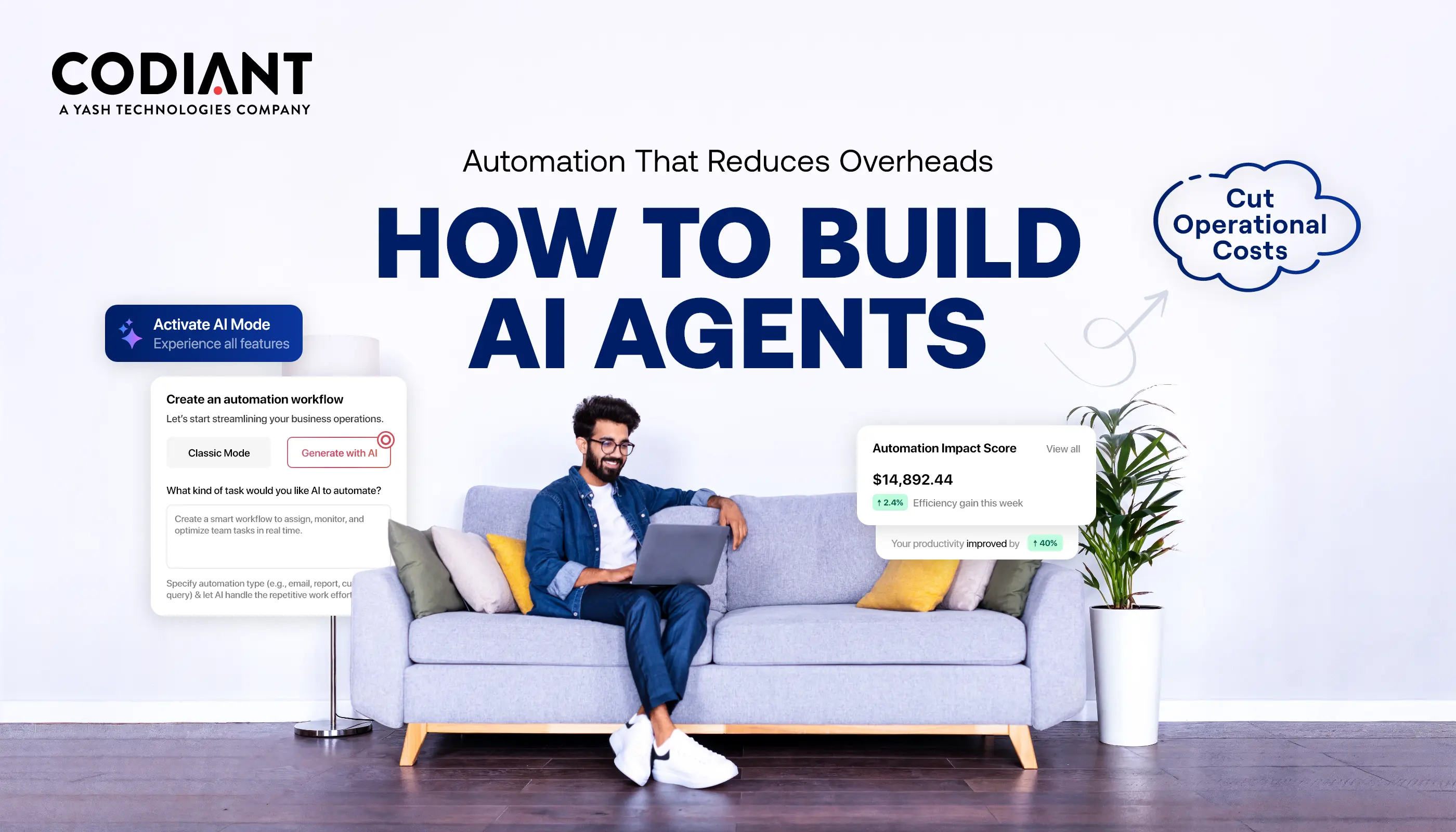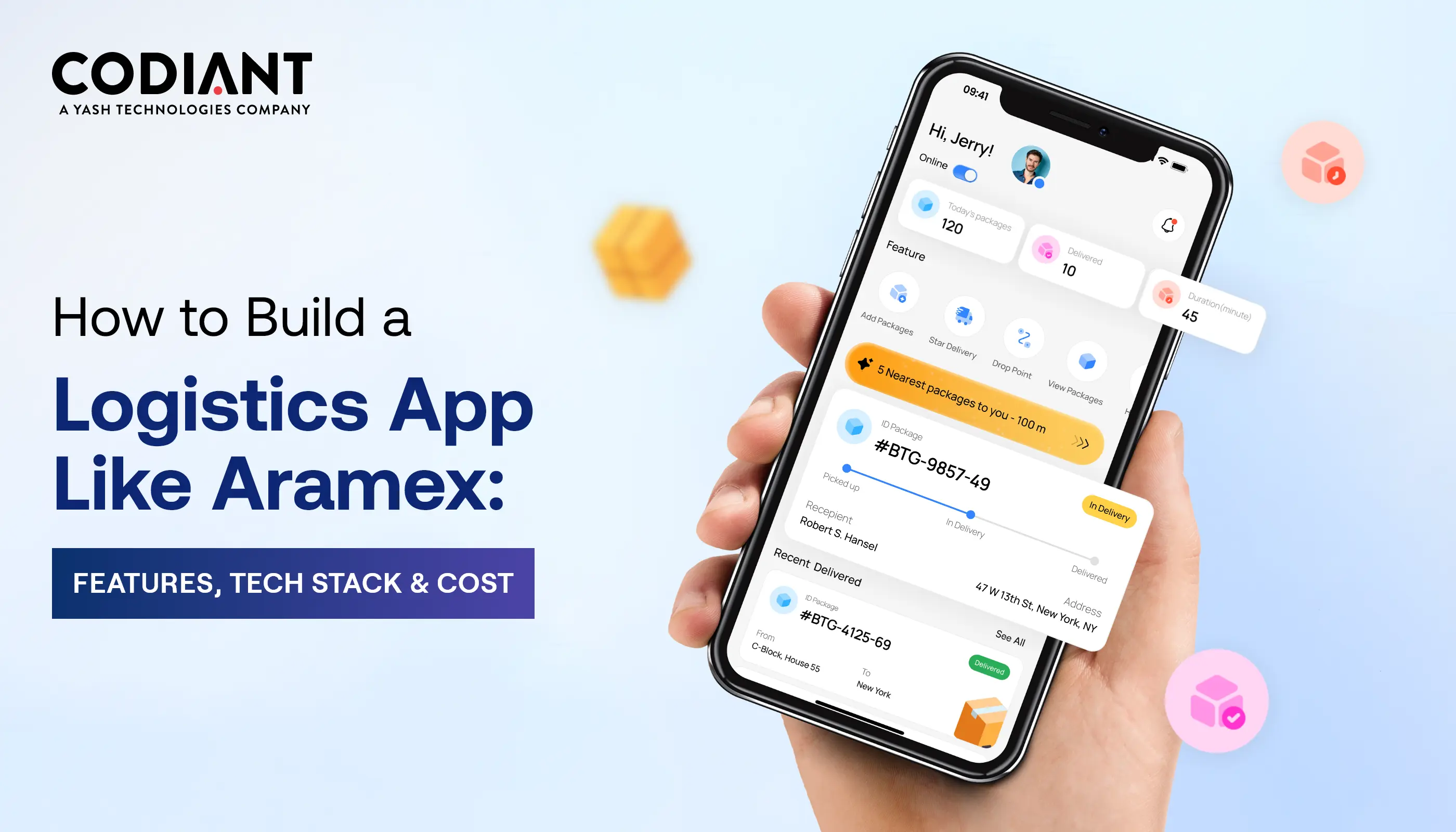Crack the Top Trending Types of Dating App Business Models
Table of Contents
Subscribe To Our Newsletter

The increasing number of dating app users are heavily dominating the dating app industry. Pushing the dire need of business models that bring novelties pinned with security, reliance and authenticity.
Dating app users, nowadays promises to reject anything that doesn’t offer a high-quality experience.
As per the reports from Statista, in 2020 there was an estimated 26.6 million smartphone dating app users in the United States itself. Further, the prediction states the number will soar to 25.7 million dating app users in 2023 in states. Where the most popular online dating app by audience size is Tinder, followed by POF and Bumble.

Ever wondered how this industry has managed to scale up so much despite having a freemium based business model which acts as a virtual cupid to all its users.
Well, the highly ranked apps have shown exits to features that sparked notorious behavior. Rather focused on functionalities that stream services promising safety, effectiveness and brings onboard eligible individuals as potential matches.
What are the top trending types of dating app business models?
Currently, among the top dating app business models are slightly niche-based apps that target specific groups such as elites, LGBTQ individuals, or religious communities. Traditional dating apps cater to mainstream virtual dating, while geolocation matching apps offer premium features tailored to specific regions. The industry’s movement towards high-quality user experiences is evident in these models, emphasizing safety and authenticity
The speedy business models resulting in a remarkable uplift in the dating industry are:
Geolocation Matching
These types of dating app solutions search for potential matches, but in a very limited sphere, say within a specific geographic proximity for non- premium members. Once the user upgrades to a premium version, restricted features are unlocked.
For e.g.: interstate or international swipes, unlimited swipes, stickers, etc. Most dating apps have the same manner of functioning be it Tinder or Bumble.
Traditional Dating Apps
This dating app type promotes a more mainstream way of dating. The major target audience for these apps are people who have recently discovered the field of online dating, or people who are done with the hype of tinder and are considering serious dating for some time.
In short, traditional dating apps provide the same experience of dating, with the only advantage of having the first few encounters virtually or through social media. Very generic apps like astrology and matchmaking apps fall under this category.
Matching Algorithm-Based Dating Apps
Matching algorithm-based apps are backed by offline matching services or similar algorithms which depend on personal survey information entered at the time of login and registration.
The same algorithm discloses potential matches with the same interests that of the user. This mechanism also recommends based on electives and right swipes. Generally, hobbies, interests, preferences, and basic bio influences the search in these types of apps.
Niche-based Dating App
Niche dating apps target specific groups of people. These apps are based on narrow searches and are preference centric. Structured to target a specific set of audience. Such apps market themselves discreetly with their most unique feature.
To give you an idea, consider a kind of niche dating app that allows only celebrities and elite people to register. Think of an app favoring the entries of only Harvard or Oxford University passed out or say people with degrees from top universities.
Other general examples include community-based apps, LGBTQ apps, and religion-specific dating apps falling under this category.
The Big Picture…
Dating apps are making billions from millions of people. Opening new opportunities for business capitalists.
Investing in dating app development with a unique business concept is a good idea. It will not only bridge the gaps between the current market holes but also increase users’ stickiness.
One of our clients, on the similar lines has developed a charismatic dating app solution that refutes deception, permits only ‘one date at a time’ and curbs the sucking issues of false-hearted dates or infidelities.
If any of the above business models have picked your interest and if you’re looking for a dating app development company to implement the one, we at Codiant are the mainstream disruptor.
From community-based apps to matchmaking apps, traditional apps to geolocation dating apps, we’ve an expansive portfolio in dating app development fueling different business models.
Related Reading: How Much Does It Cost To Develop an Online Dating App?
Featured Blogs
Read our thoughts and insights on the latest tech and business trends
How to Integrate AI in Recruitment and Cut Hiring Time by 70%
- November 13, 2025
- Artificial Intelligence
Recruiting teams face a clear operational challenge: too much manual work and not enough qualified talent reaching the finish line. Even with modern ATS systems, most hiring workflows still depend on human-driven screening, coordination, and... Read more
How to Build AI Agents That Can Speed Up Your Work and Reduce Other Expenses
- November 10, 2025
- Artificial Intelligence
Businesses today are looking for faster ways to work and smarter tools that cut costs. That’s why AI agents are quickly becoming a key investment for companies of all sizes. These autonomous systems can perform... Read more
How to Build a Logistics and Transportation App Like Aramex?
- November 6, 2025
- Logistics & Transportation
In a Nutshell: A logistics app like Aramex helps businesses manage deliveries, track shipments, and serve customers better. Technology is now needed in logistics because customers want fast delivery and real-time tracking. A logistics app... Read more




